This week version 2.0 of the mongolite package has been released to CRAN. Major new features in this release include support for MongoDB 4.0, GridFS, running database commands, and connection pooling. Mongolite is primarily an easy-to-use client to get data in and out of MongoDB. However it supports increasingly many advanced features like aggregation, indexing, map-reduce, streaming, encryption, and enterprise authentication.
Messaggi di Rogue Scholar
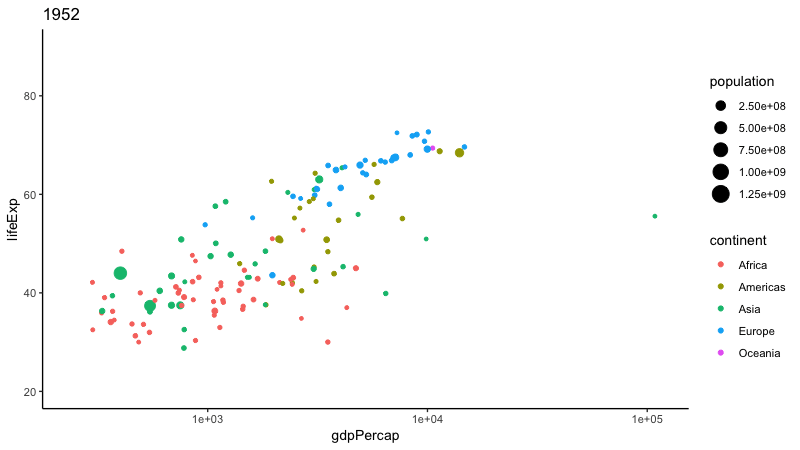
The gifski package which was demonstrated in May at eRum 2018 in Budapest is now on CRAN. Gifski is a simple but powerful package which can hopefully take away an important performance bottleneck for generating animated graphics in R. What is Gifski Gifski is a multi-threaded high-quality GIF encoder written in Rust. It can create animated GIF images with thousands of colors per frame and do so much faster than other software.
Have you ever needed to connect to a remote server over SSH to transfer files via SCP or to setup a secure tunnel, and wished you could do so from R itself? The new rOpenSci ssh package provides a native ssh client in R allows you to do that and even more, like running a command or script on the host while streaming stdout and stderr directly to the client. The package is based on libssh, a powerful C library implementing the SSH protocol.

taxize was seven years old this last Saturday! What is taxize? taxize is designed around making working with taxonomic names easier - abstracting away the details of what each of 20 or so taxonomic data sources require for a given use case.
Earlier this month we released a new version of the tesseract package to CRAN. This package provides R bindings to Google’s open source optical character recognition (OCR) engine Tesseract. Two major new features are support for HOCR and support for the upcoming Tesseract 4. hOCR output Support for HOCR output was requested by one of our users on Github.
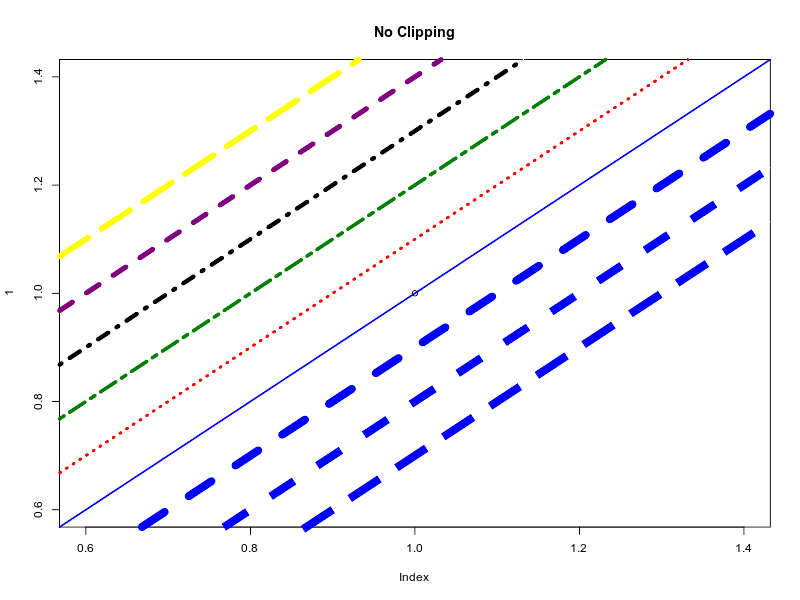
This week magick 1.6 appeared on CRAN. This release is a big all-round maintenance update with lots of tweaks and improvements across the package. The NEWS file gives an overview of changes in this version. In this post we highlight some changes. library(magick)stopifnot(packageVersion('magick') >= 1.6) If you are new to magick, check out the vignette for a quick introduction.
Nearly 4 years ago I wrote on this blog about an R package solr for working with the database Solr. Since then we’ve created a refresh of that package in the solrium package. Since solrium first hit CRAN about two years ago, users have raised a number of issues that required breaking changes. Thus, this blog post is about a major version bump in solrium. What is Solr?
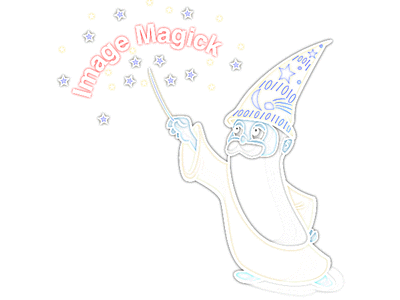
This week magick 1.5 appeared on CRAN. The latest update adds support for using images in knitr documents and shiny apps. In this post we show how this nicely ties together a reproducible image workflow in R, from source image or plot directly into your report or application.
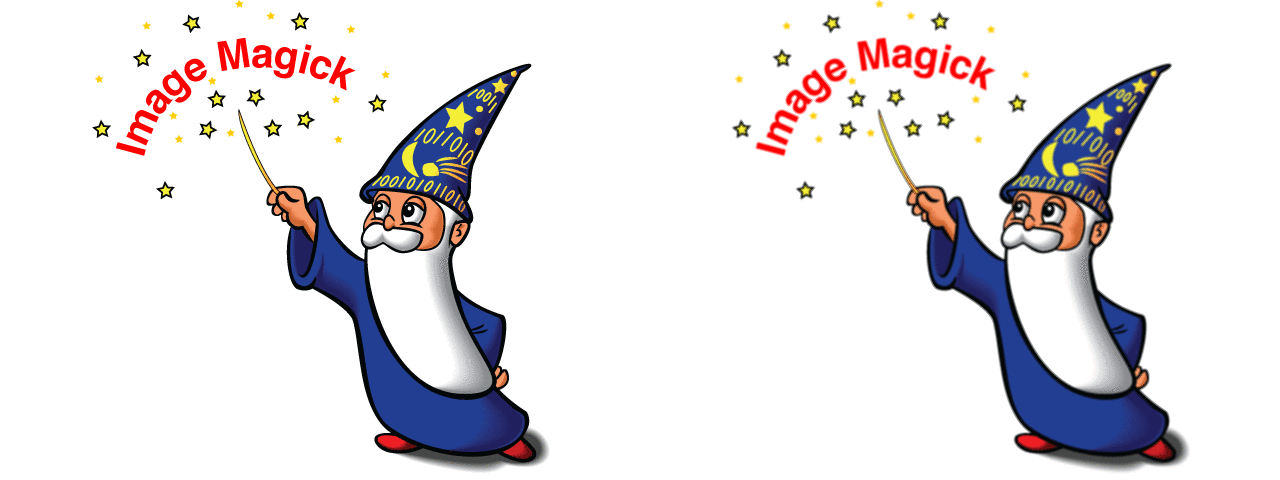
Release 1.4 of the magick package introducesa new feature called image convolution thatwas requested by Thomas L. Pedersen. In this post we explain what this is all about. Kernel Matrix The new image_convolve() function applies a kernel over the image. Kernel convolution means that each pixel value is recalculated using the weighted neighborhood sum defined in the kernel matrix.
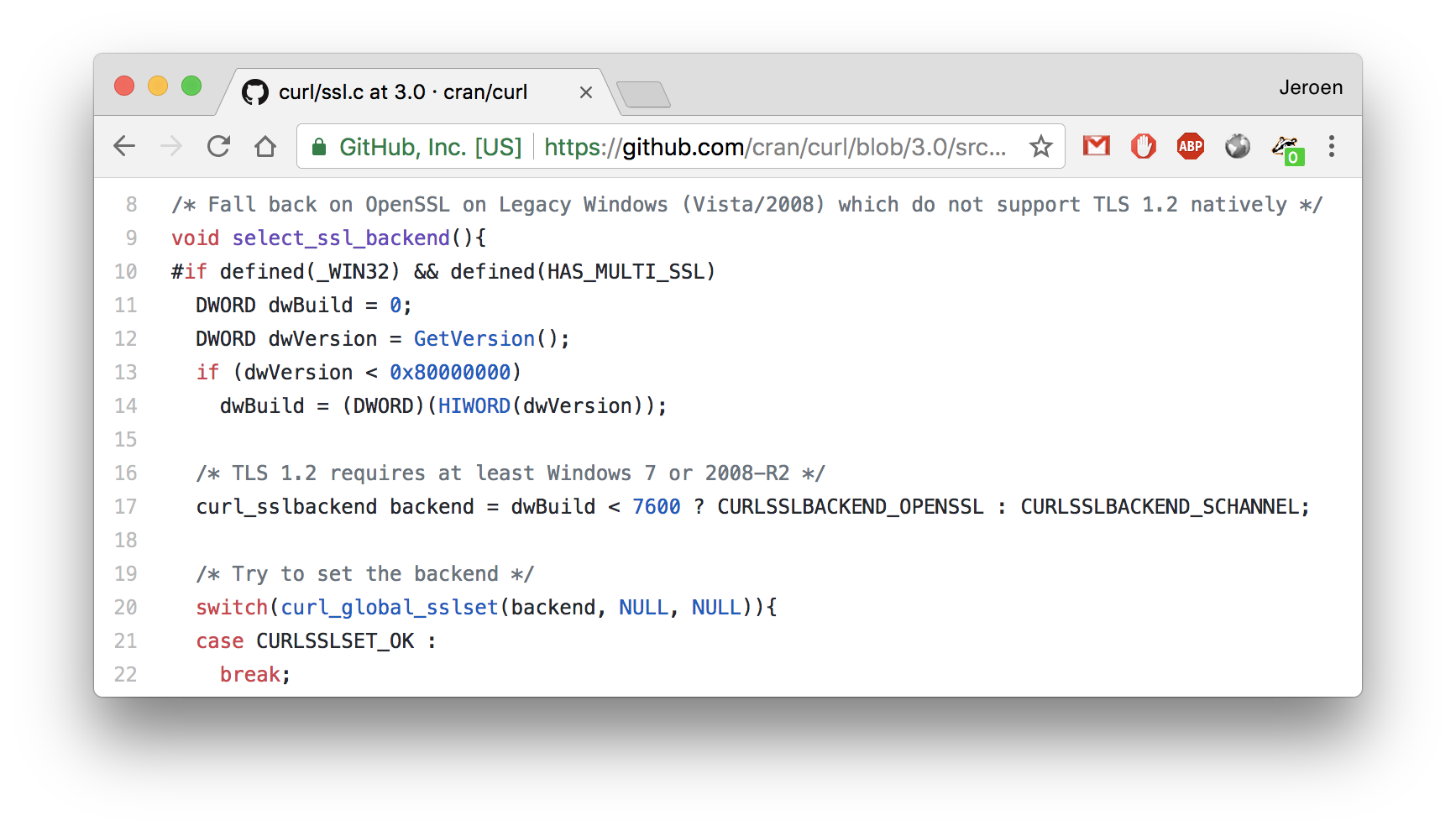
This week we released version 3.0 of the curl R package to CRAN. You may have never used this package directly, but curl provides the foundation for most HTTP infrastructure in R, including httr, rvest, and all packages that build on it. If R packages need to go online, chances are traffic is going via curl.